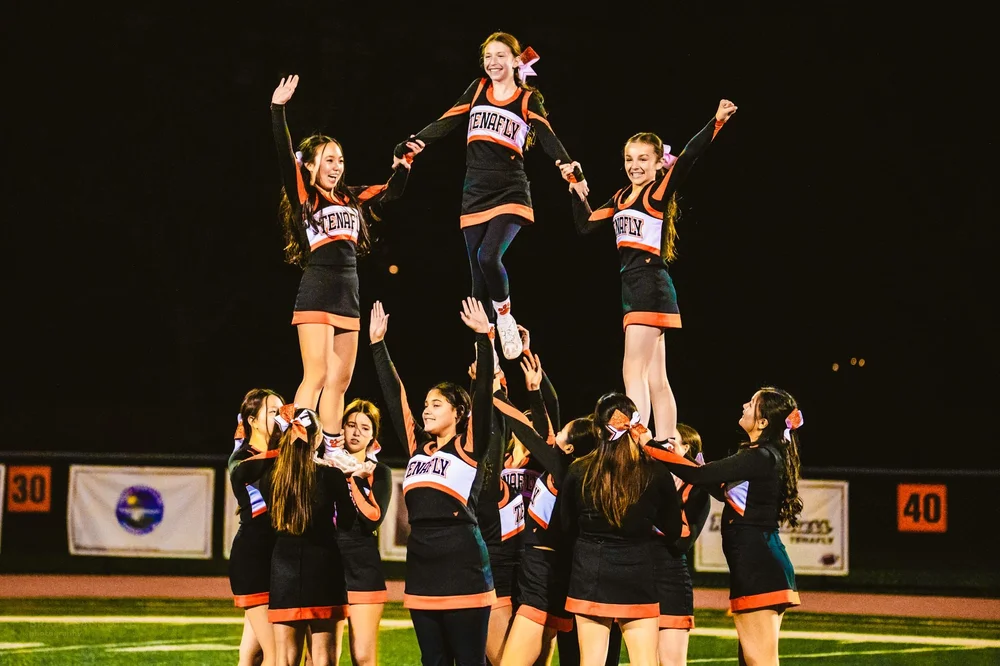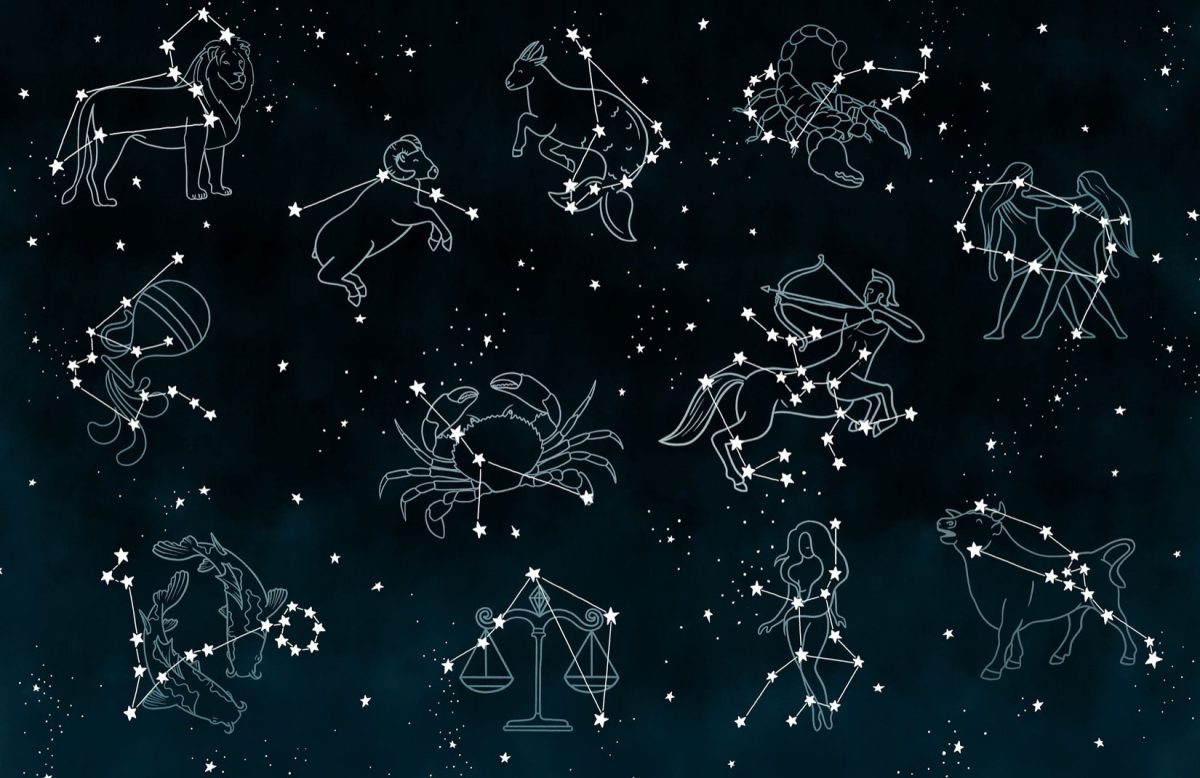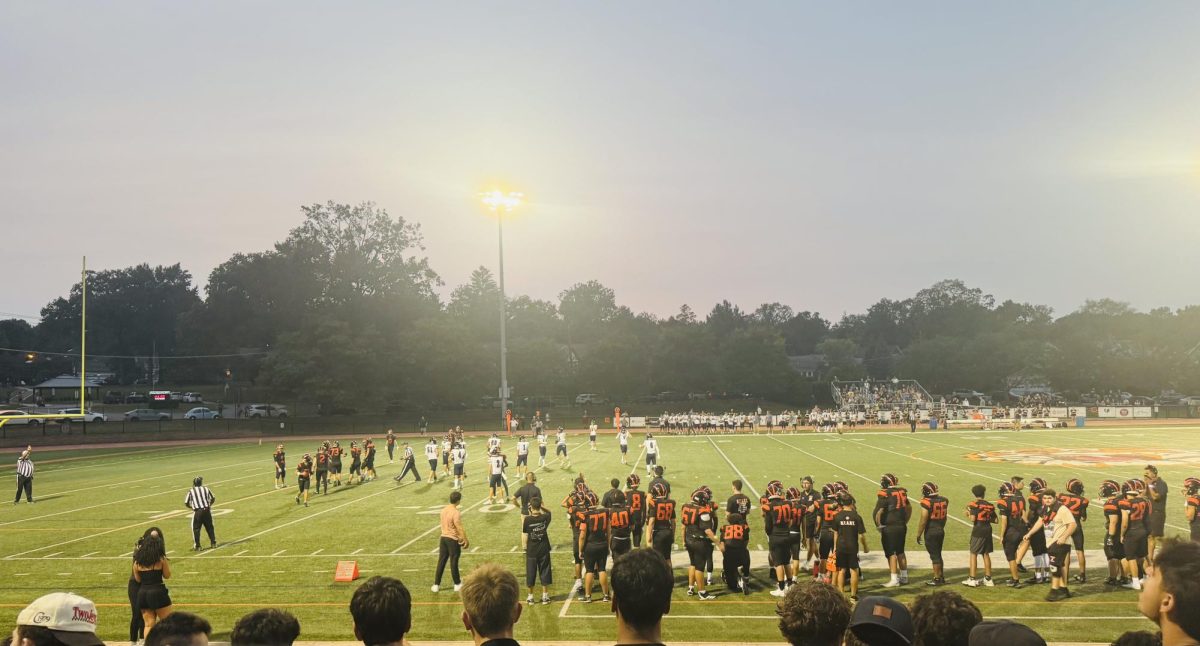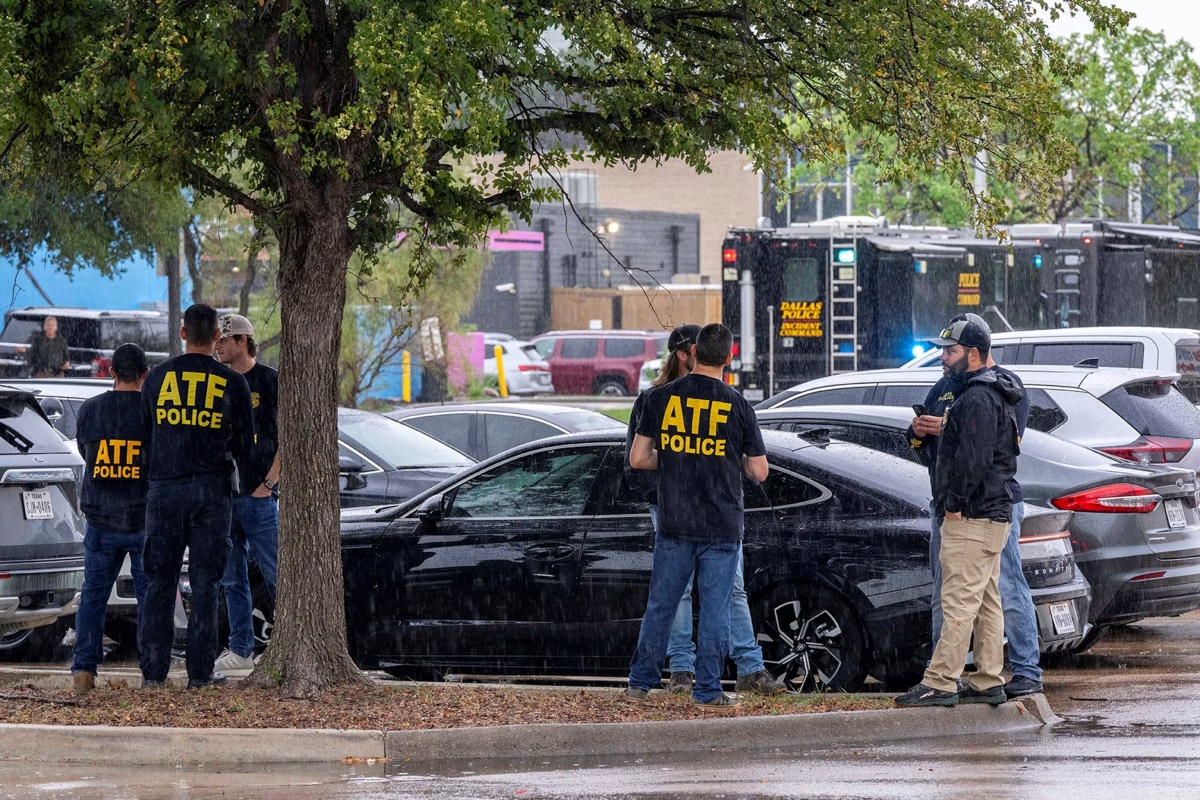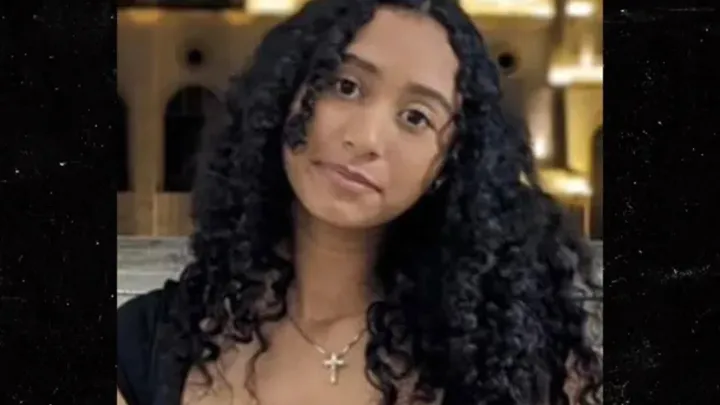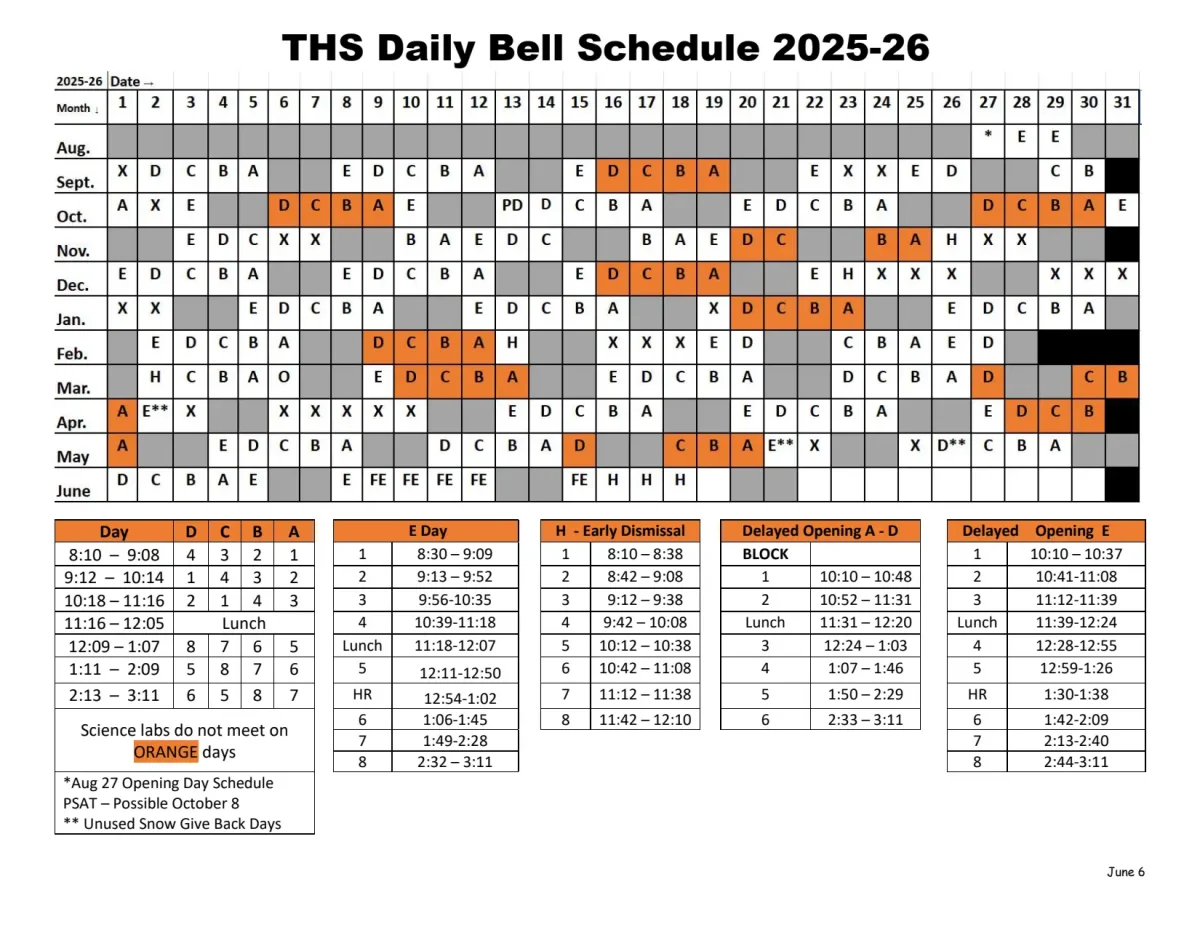Ramadan is the ninth month of the Islamic calendar –also known as the Hijri calendar— a 12-month lunar calendar system consisting of about 354 days. Because the Islamic calendar is 11 days shorter than the Gregorian calendar (commonly used in the U.S.) each Islamic month shifts 11 days earlier each year, causing Ramadan to occur through different seasons over the decades. In 2025, Ramadan will occur from the evening of February 28th through the evening of March 29th.
But what exactly happens during this month? Ramadan is of the holiest months in Islam, as it marks the revelation of the Quran, the Islamic holy book. During this time, Muslims strive to strengthen their faith, increase their acts of worship and charity, and, most notably, fast—abstaining from food or drink from sunrise to sunset.
As a Muslim, every Ramadan I can count on being asked many of the same questions. With Ramadan 2025 coming to a close, I figured I’d take the opportunity to answer some of the most common questions I receive:
“You eat nothing for a whole month?”
Nope! (SPOILER: If you didn’t eat for an entire month, you’d die.) What we do is fast from sunrise to sunset, meaning we eat before dawn and after sunset. The meal eaten before the break of dawn is called Suhur (aka Suhoor, Sahur, Sehri, Syfyr), while the meal eaten at sunset is Iftar. We can also eat in between Iftar and Suhur while the sun has set. The fasting (abstaining from food or water) takes place during the hours when the sun is up.
“NOT EVEN WATER?!”
Ah yes, the infamous question. If you ask any Muslim, I can almost guarantee you they hear this question every year—it’s even become an inside joke in the Muslim community. But the answer is yes, not even water. Just like with food, we abstain from drinking anything from sunrise to sunset, but can drink during Suhur, Iftar, and the time in between.
“What happens if you accidentally eat?”
If you genuinely forget you are fasting and accidentally eat or drink during the day, it doesn’t break your fast. You just continue as if nothing happened, and instead take it as a little gift.
“Do you mind if I eat in front of you?”
Personally, I don’t mind at all! If you want to eat, go ahead; my restrictions do not apply to you. That said, I can’t speak for all Muslims when I say this, so if you’re unsure, it’s always OK to ask.
“Do your pets have to fast?”
NO!!! Animals do not fast during Ramadan, that would be abuse. Additionally, children, the elderly, the ill, travelers, women who are pregnant/breastfeeding/menstruating, or anyone else physically unable to fast, are not obligated to. Depending on the circumstances, one may make up missed fasting days after Ramadan when able, and others may pay Fidya, a form of charity, instead.
“Aren’t you hungry”
Naturally, it’s normal that you may feel some hunger or thirst during Ramadan, but as long as you are healthy and have a sustaining Suhur and Iftar, fasting is completely manageable. Additionally, Fasting isn’t exclusive to Islam—it’s practiced in Christianity (Lent, Ash Wednesday, Good Friday), Judaism (Yom Kippur), Hinduism (as part of religious festivals), Buddhism (as spiritual discipline), Jainism (for spiritual and bodily cleansing), and more! Beyond religion, intermittent fasting is popular for its health benefits, such as improved insulin sensitivity, reduced inflammation, and better heart health (Johns Hopkins Medicine). While hunger and thirst are a part of the experience, fasting is widely regarded as deeply meaningful for its spiritual and bodily benefits!
“Damn that sucks”
Please don’t say this to anyone about their fasting… it’s rude. Ramadan is a deeply significant month that Muslims choose to observe, marked by celebration, community, and devotion—not pity.
Now that I’ve covered the most commonly asked questions, I hope this can help clear up any of your questions. However, if you still have genuine questions, never hesitate to ask or look it up. There’s no shame in curiosity!










